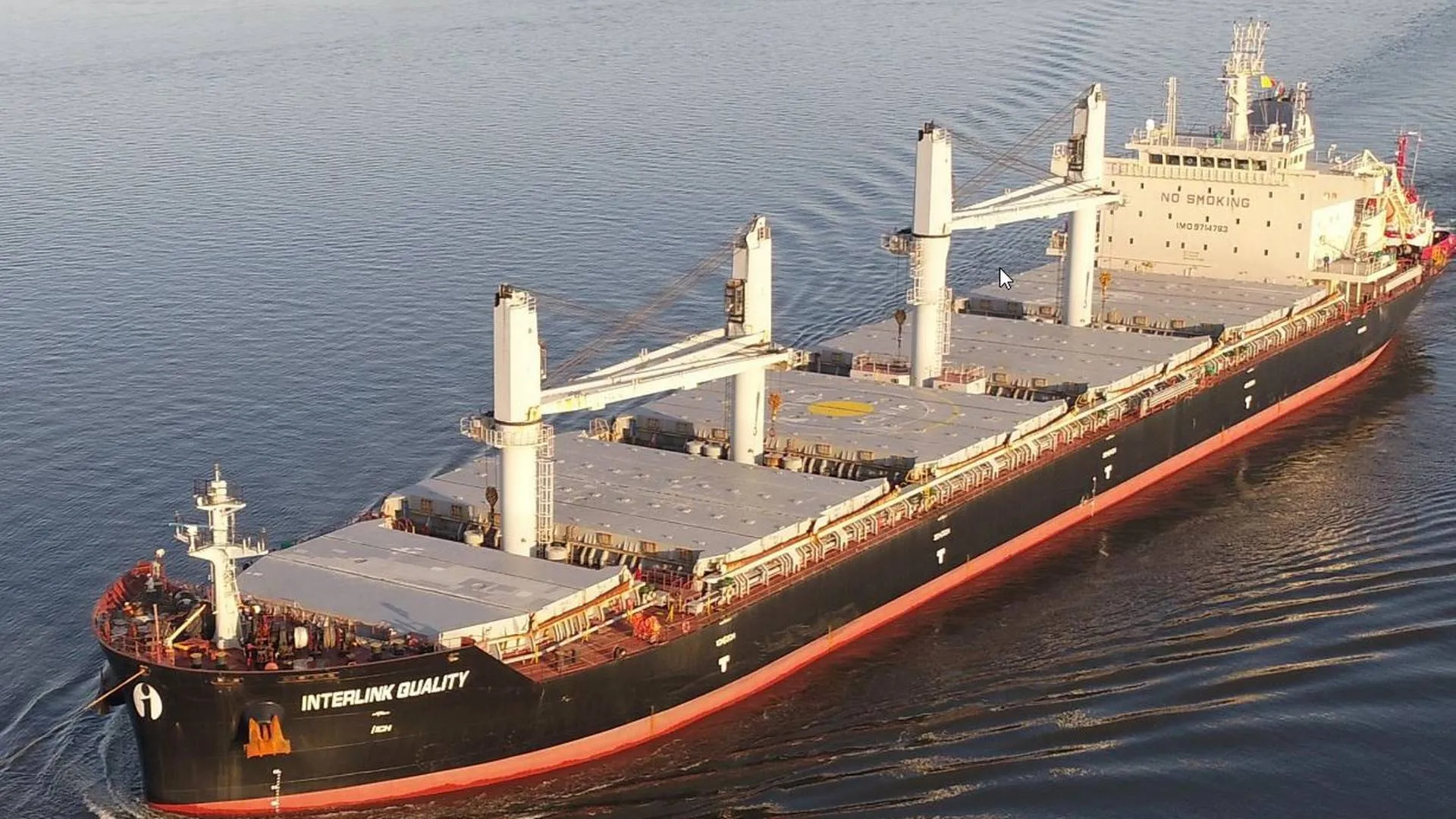The SEA-CARE working group has announced plans to broaden its data collection efforts to gain a more comprehensive understanding of maritime safety, including factors beyond distress alert statistics.
SEA-CARE was launched last year by Maritime London and Inmarsat Maritime to improve safety standards across global shipping. During its third session, participants highlighted the need to examine specific datasets that could help identify the root causes of maritime casualties.
Crew welfare survey results were among the additional data sources identified as valuable for building a more complete picture of safety at sea.
Several participants have now agreed to share data, including Andrew Bell, a member of the CHIRP Maritime Advisory Board; Steven Jones, founder of the Seafarers Happiness Index; and Lydia Ferrad, International Transport Workers’ Federation (ITF) Accredited Representative to the IMO.
CHIRP’s confidential reporting system for incident and near-miss data was identified as a key resource for assessing underlying safety deficiencies contributing to distress calls. Data from the Seafarers Happiness Index and ITF surveys is also expected to offer further insight into crew welfare-related issues that may influence safety trends.
“If we look at safety data as a pyramid, what we report on at the top is the number of distress calls, but when we come down the pyramid, we get to the root causes of those top-level issues,” said Peter Broadhurst, co-chair of SEA-CARE and Vice President of Safety & Regulatory at Inmarsat Maritime.
“Using other datasets to derive a more complete picture of what’s behind the problems at the top could be key to effecting real change and reducing the frequency of serious incidents at sea.”






